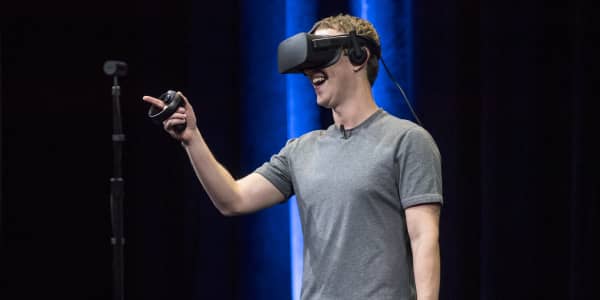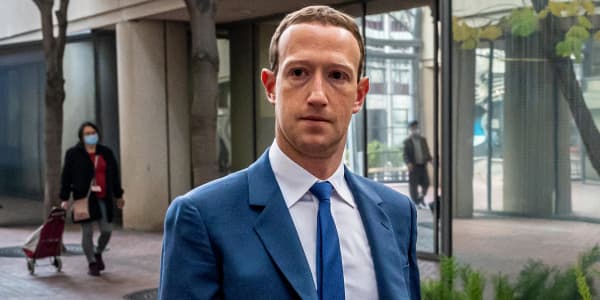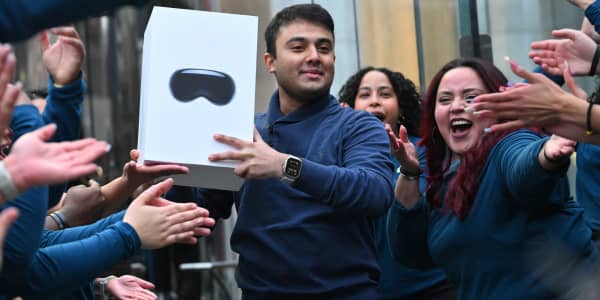For American consumers, it's hard to avoid the headlines about the intensifying "mobile wallet war" between the tech titans, especially since Apple leaped into the fray with Apple Pay last month.
But adoption has been slow, especially for a market with some lofty goals: Mobile payments are predicted to reach $27.5 billion by 2016, up from $3.5 billion this year, according to an eMarketer report. That's an expected growth rate of more than 700 percent in two years.
Standing in the way of that goal is a question that has dogged mobile payments since it became the next big thing: Is it the solution consumers have long been waiting for, or a solution in search of a problem?
Clinging to their wallets
Another way of putting it: The American consumer likely cares less about who wins the mobile wallet war than whether any of the mobile solutions give them a good reason to make the switch. What will it take to sway the masses to dump their wallets and depend on their smartphones to buy life's basics?
For one, a lot more deals and discounts.
Read MoreGoogle Wallet to pull plug on digital purchases
"No one has hit on the magic combination of features that will make people migrate their payment behavior," said Bill Maurer, dean of the University of California, Irvine's School of Social Sciences and director of its Institute for Money, Technology and Financial Inclusion. "Folks are used to the idea of pulling a card out of their wallet. That's a behavior established for over 30 to 40 years, and it's not going away overnight."
Starbucks has been seen as one of the leaders thus far, with 12 million customers paying for their coffee through its mobile app, making up 16 percent of the transactions at its U.S. coffee shops. Each time, they're rewarded with points that lead to free drinks, refills, food and access to special events and other exclusive offers.
Starbucks just launched Mobile Order & Pay in Portland, Oregon, giving customers the ability to place orders ahead of time and skip waiting in line. It expects to introduce the service across the United States in 2015.
A day in the life of the mobile convert
Consumers need to see the value in what they are doing.Paul KimMobeam vice president of business development and marketing
Starbucks isn't the only one to test such a feature. In a bid to show that paying with a smartphone is better than using a credit card or cash, PayPal, Square and some other rivals are experimenting with digital coupons, rewards and perks made possible through mobile technology.
Launched about a month ago, Square Order is available at select coffee shops and restaurants in San Francisco and New York, including Blue Bottle Coffee and Whole Foods.
Consumers order in advance from the app, and as they approach their destination, the GPS on their smartphone notifies employees to begin preparing their order so that it's ready when they arrive. Once the customer picks it up and leaves, the order is automatically charged onto the credit or debit card stored on the app.
Read MoreCan Apple win the mobile wallet war?
So far, hundreds of repeat customers have been using the app each day to order their coffee or lunch ahead of time, and Square plans to roll out the service in more cities. "It's already sticking with people as an everyday part of their routine," said Square spokesman Johnny Brackett.
Square Order replaced Square Wallet, an app released a few years ago that let people pay for purchases at local businesses without taking their phone out of their pocket. The company has called Square Order an enhancement that builds on Square Wallet, but critics have a different take. They contend Square Wallet simply failed to take off and was scrapped, one of the early casualties in the mobile wallet battle.
'Capturing your life back' by mobile pay
Certainly, the convenience of ordering ahead of time and avoiding the wait is an appealing perk of the mobile wallet, one that could be increasingly offered. PayPal also began rolling it out last year, starting with a few Jamba Juice shops and then expanding it through partnerships such as Eat24, a food-delivery service in the United States.
"We've been testing it and seeing great results," said Carey Kolaja, vice president of global product solutions at PayPal. "Consumers can save time and capture their life back."
Other rivals are taking different tactics. Mobeam, an app built into the latest generation of Samsung smartphones, stores digital coupons, loyalty rewards and gift cards on its app. It also has developed technology that allows them to be easily accepted at the cash register.
Read MoreThe Amazon watch that lets you talk and shop
Many merchants haven't updated their laser bar-code scanners, making it difficult to process digital coupons or accept mobile wallets, said Paul Kim, Mobeam's vice president of business development and marketing. Mobeam converts the bar codes so that they can be beamed.
Mobeam has partnered with retailers such as Macy's and brands such as Procter & Gamble to make it easy for consumers to find and redeem special discounts and offers.
"Consumers need to see value in what they're doing," he said. "It all has to be seamless."
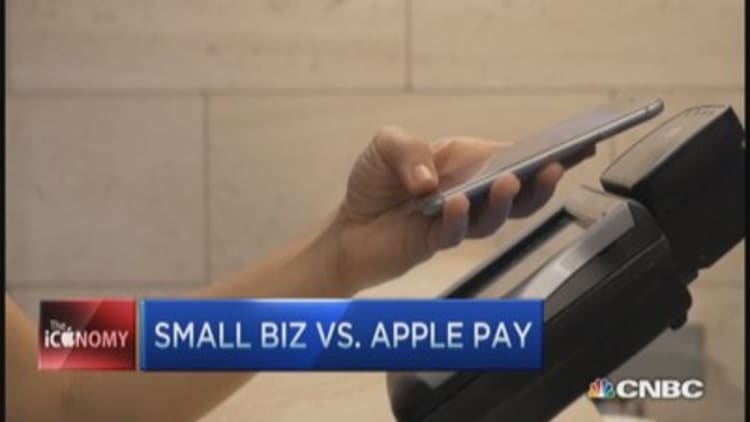
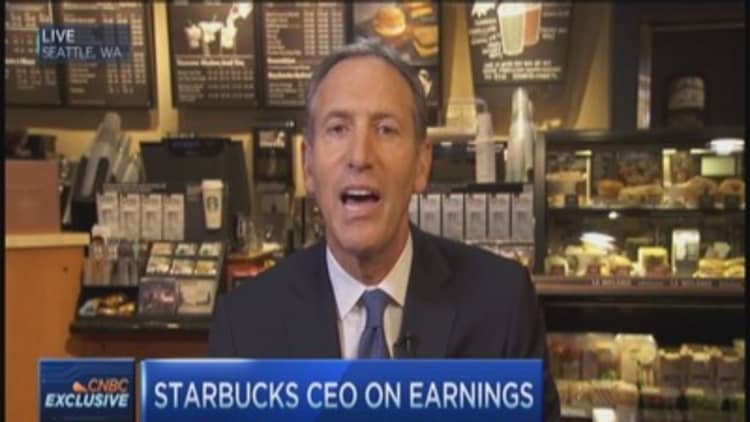
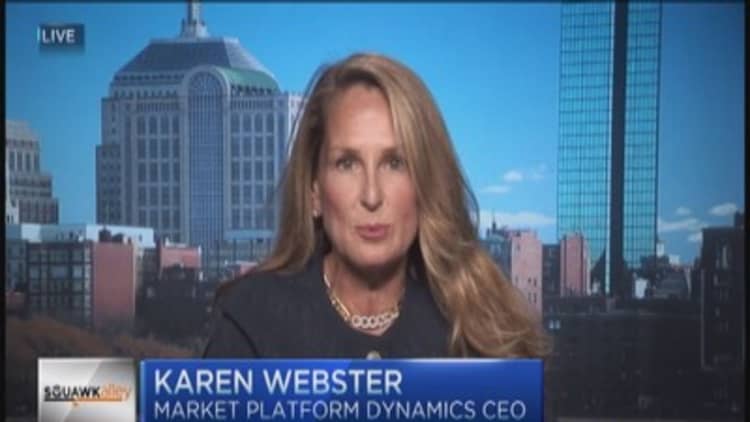
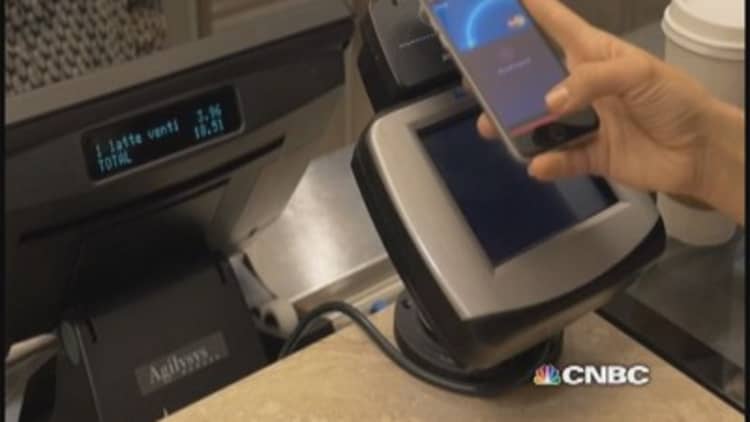
Index, another start-up in Silicon Valley, is developing technology for retailers so that they can gather data about their most loyal customers and better reward and serve them.
Right now it's difficult for retailers to track a customer's history of purchases, said Index CEO and co-founder Marc Freed-Finnegan, who previously led the development of Google Wallet.
But having that information could help brick-and-mortar merchants offer more customized and personalized service and recommendations, much as online retailers like Amazon already do.
Read MoreThe Chinese smartphone coming to the US
One of the basic challenges remains getting all the necessary players on board—not just the consumers but also the retailers, banks and credit card companies—so that the mobile wallet can really be as easy to use as the industry claims.
While Apple secured more than 220,000 locations to accept Apple Pay at the onset, it also publicly lost CVS and Rite Aid as retail partners within days of its launch.
Instead, CVS, Rite Aid and other major retailers have joined forces to develop a rival mobile payment system, CurrentC, which is expected to debut next year. It promises to allow consumers to make purchases, automatically redeem coupons and promotions and receive rewards through a single app. But CurrentC has already faced its first major hurdle, a reported data breach last month. Small-business owners are not exactly falling into line either when it comes to Apple Pay.
Read MoreWhy retailers are wrong on Apple pay
Apple CEO Tim Cook has been unfazed by CVS and Rite Aid's defection. Instead, he told the audience at a Wall Street Journal conference last month that Apple's legion of loyal customers had activated more than 1 million credit cards on Apple Pay in the first 72 hours.
"It's the first and only mobile payment system that's both easy, private and secure," Cook said. "We've hit on the three key points that customers care about." The company has stressed the security of its system as the main reason consumers are adopting Apple Pay.
Apple has never been known for giving consumers a "good deal"—in fact, its marketing appeal is predicated on it being the high-end product you willingly pay more to have.
The company's Passbook does let consumers save certain coupons, loyalty programs and gift cards to the smartphone. Still, a mobile payments skeptic might notice what was missing from the three benefits highlighted by Cook: getting any kind of discount or reward for making the switch, even after decades of the card swipe.
While Google Wallet and PayPal are , Apple Pay—the mobile payments offering that tech enthusiasts are betting on to change consumer habits—is offering none.


